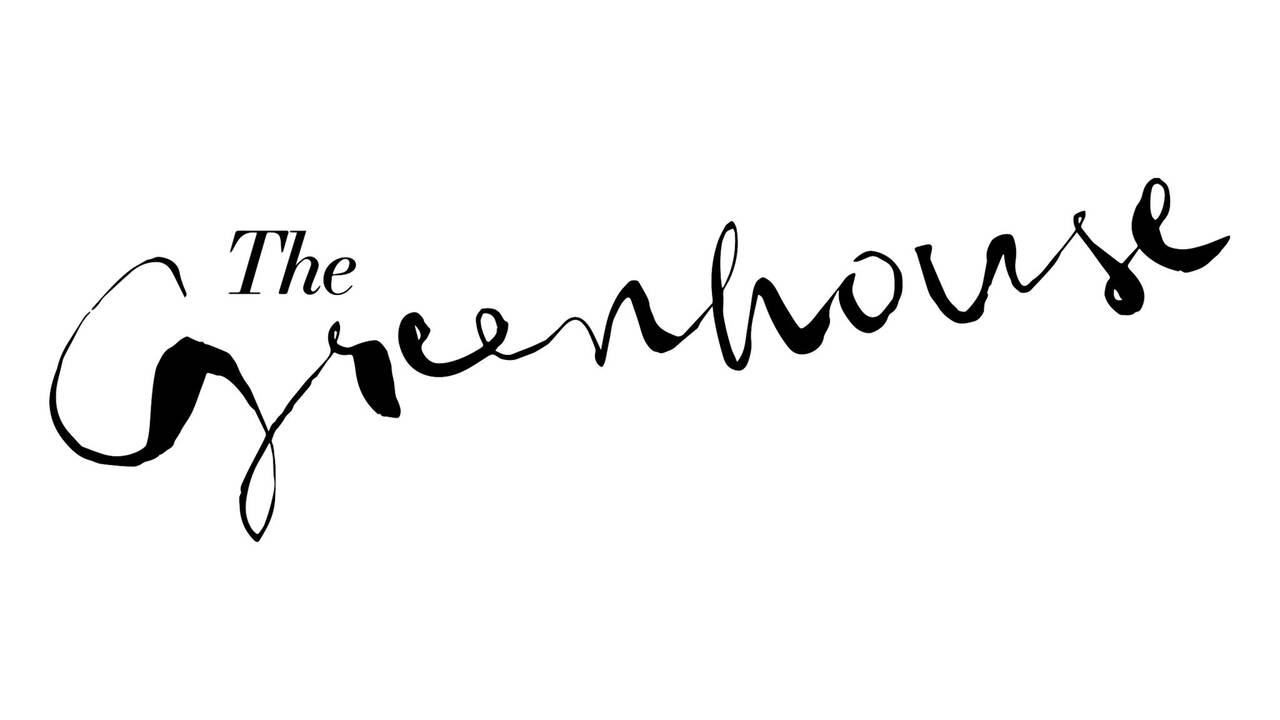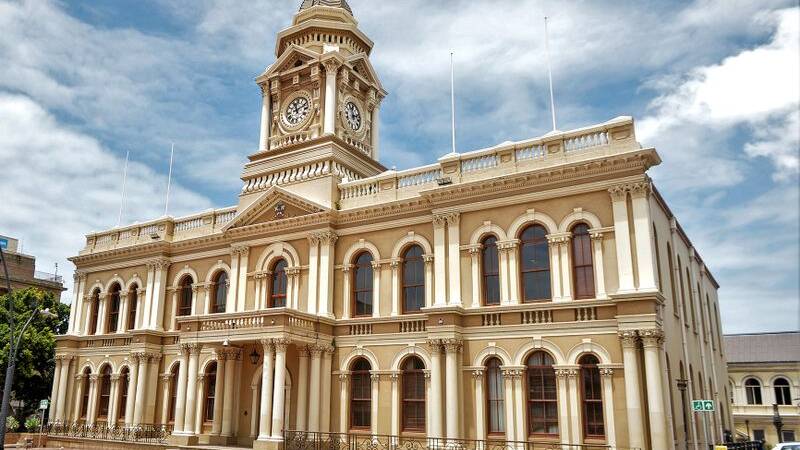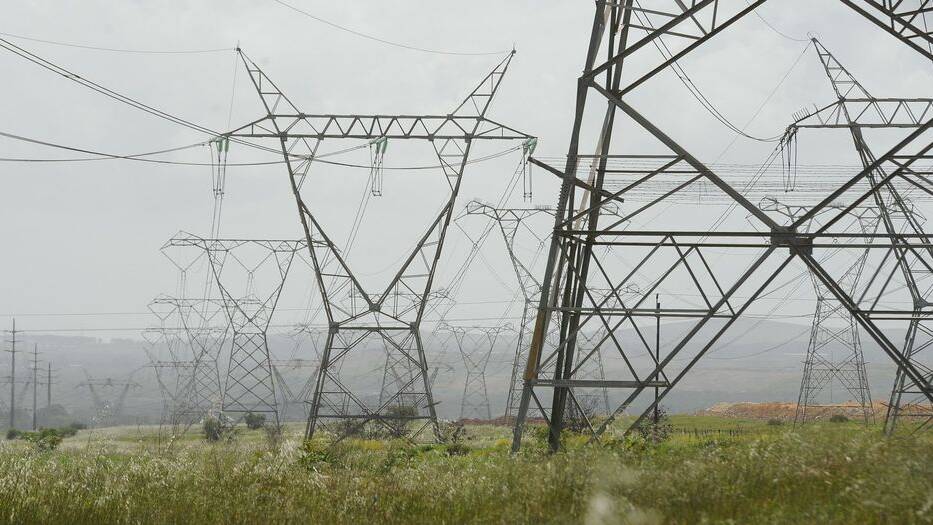France brings back limited military service with 3,000 volunteers next year
BBC | 27.11.2025 19:14
A limited form of military service will be re-introduced in France in response to growing fears of a confrontation with Russia.
More than 25 years after conscription was phased out, the plan will see young men and women volunteering for a paid 10 months of military training.
"The only way to avoid danger is to prepare for it," President Emmanuel Macron said while announcing the plan at an infantry base near Grenoble in south-east France. "We need to mobilise, mobilising the nation to defend itself, to be ready and remain respected."
The new "national service" will be brought in gradually from next summer, mainly for 18- and 19-year-olds, who will receive at least €800 (£700) a month.
"In this uncertain world where might triumphs over right, war is in the present tense," said Macron. The armed forces would benefit from motivated young French men and women, he added: "It is an act of trust in our youth."
Initially, numbers will be restricted to 3,000 next year, but this should rise to 50,000 by 2035.
France currently has around 200,000 military personnel and a further 47,000 reservists. The new scheme should usher in a three-tier structure, comprising professionals, reservists and volunteers.
The change brings France in line with other European countries that have launched military service schemes - with varying parameters - because of fears of Russian aggression.
Belgium and the Netherlands have introduced a voluntary military service, and Germany is planning something similar.
Only this month, the Belgian defence ministry sent letters to 17-year-olds inviting them to volunteer for about €2,000 (£1,750) a month.
Further east, Lithuania and Latvia have compulsory schemes, with cadets chosen by lottery. Sweden, which recently joined Nato, has started a nine- to 15-month military service with selection on merit.
Some European countries, like Finland and Greece, have never stopped military service, while the Swiss are to vote on Sunday on replacing mandatory service for men with compulsory civic duty for all.
Others countries, including the UK and Spain, currently have no plans to re-introduce it.
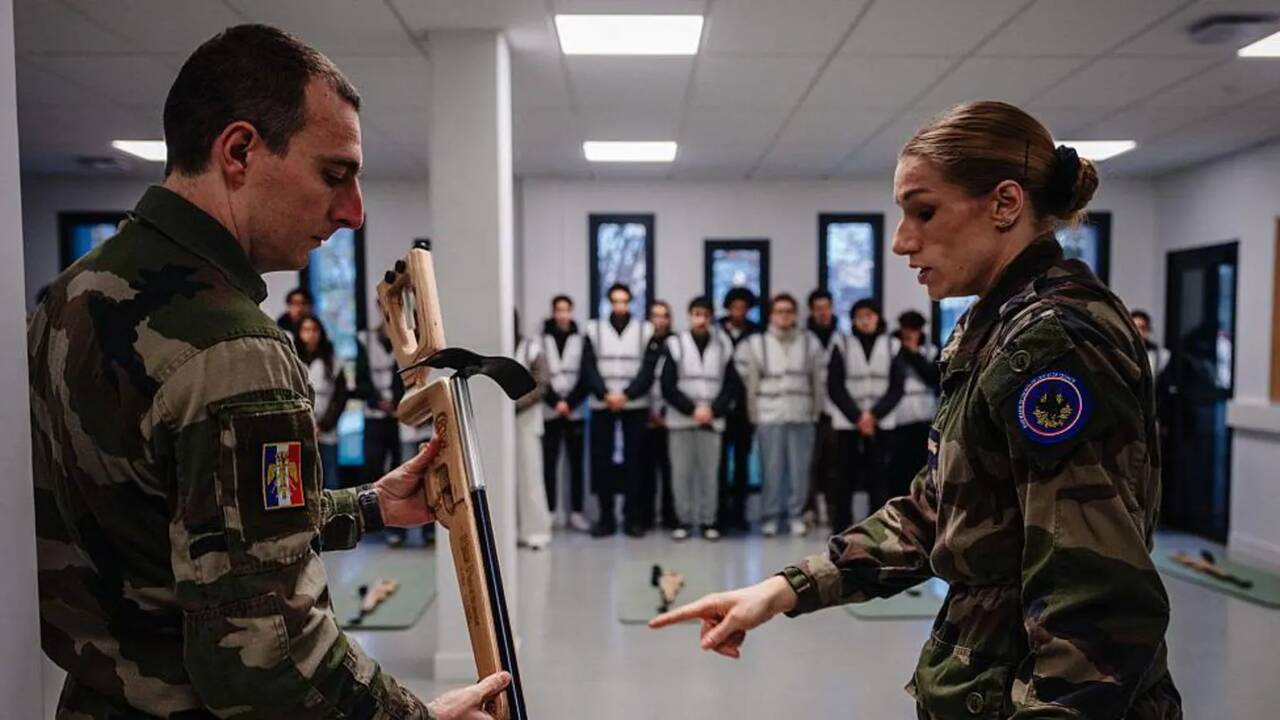
French military chiefs are broadly in favour of the new measure, which they hope will create a reservoir of trained personnel able to back up professional soldiers and replace them in non-frontline tasks.
It is also hoped many volunteers will stay on to lead full military careers.
"The new military service moves us in the direction of hybridisation of the armed forces," Thomas Gassilloud, president of the National Assembly's defence committee, said. "We went too far in the direction of the all-professional."
The threat of a looming, if ill-defined, stand-off with Russia has become part of France's national discourse. The government has regularly raised the alert over below-the-radar incidents or attempts by Moscow to poison opinion via social media.
Recently, the newly appointed chief-of-staff, Gen Fabien Mandon, took the alarm to a new level when he said French military planning was built around the assumption of a confrontation with Russia in the next three or four years.
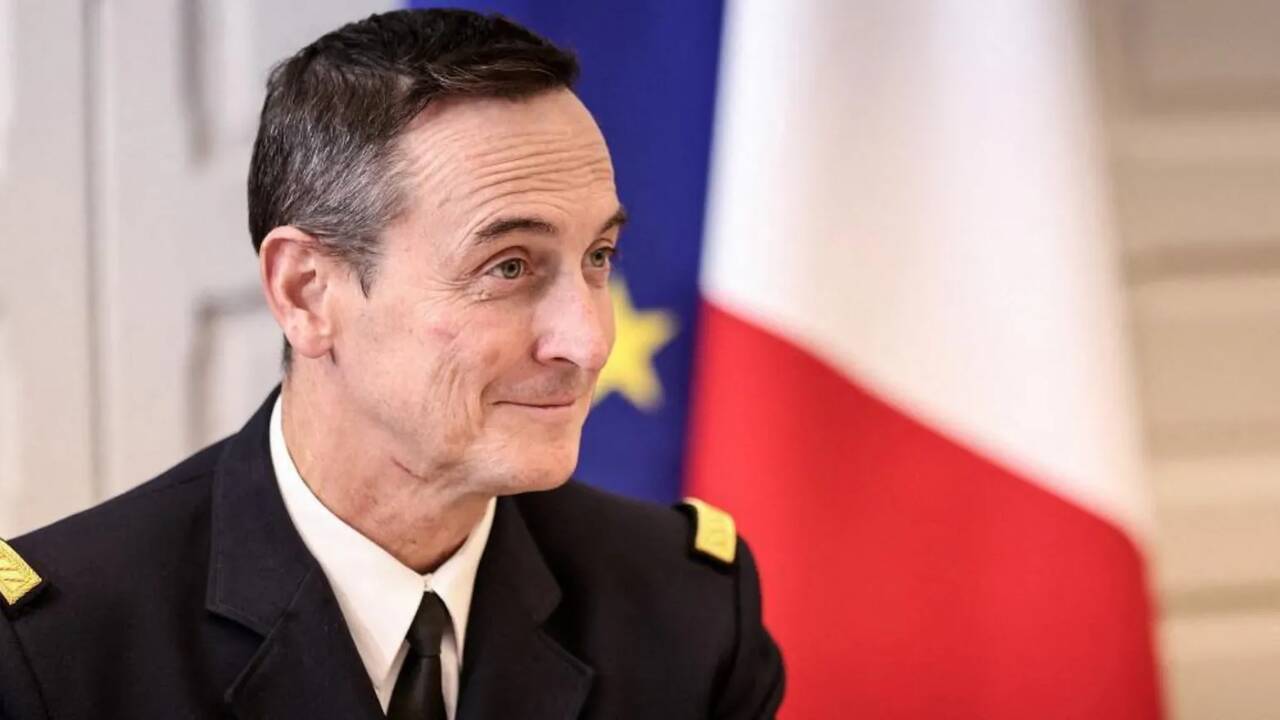
He went further last week, telling a gathering of mayors that what France lacked was the spirit of sacrifice, urging them to prepare opinion for the possibility of "losing children" in war.
Immediately condemned by the far-left and part of the far-right, the remarks were also seen as unhelpful by the government, with Macron reassuring the country last weekend that there were no plans to send young recruits to fight in Ukraine.
Polls show a large majority of the public in favour of voluntary military service. An Elabe survey this week found that 73% supported the measure. Young people – aged 25-34 – were the least supportive, but even in this age group there was a 60% majority.
In a random BBC test of opinion on Paris streets, a similar picture emerged.
"It's a good thing," said Louis, a 22-year-old student. "It can help make the army bigger, but it's also a way to love your nation more."
Eilan, another student, said: "In military service you meet people from everywhere. You learn new ways of seeing things... You learn to talk and trust and co-exist with other people."
"From what I read in the newspapers, our army is not that powerful - so if we have to prepare for the future, maybe it's a good idea," said set-designer Brigitte.
But Lalie, a 21-year-old shop assistant, disagreed: "I think there are more important issues. It's a pity the president is not really interested in young people – their mental health, their financial situation, and instead is focusing on this military service."
It was in 1996 that then-President Jacques Chirac took the decision to end military service, as part of the peace dividend from the fall of the Soviet Union.
Compulsory military training for young men had been part of national life since the French Revolution, which created the idea of the citizen-soldier.
A 1798 law setting up conscription read: "Every Frenchman is a soldier and is bound to the defence of the homeland." And after defeat by Prussia in 1871, Republican leader Léon Gambetta said: "When in France a citizen is born, he is born a soldier."
The Algerian war of independence was the last conflict fought by French conscripts, with more than 12,000 killed.
By the 1990s, service had been reduced to 10 months, with options for civilian work instead.
Since the last conscript passed out in 2001 there have been various, nebulous attempts to retain something of the spirit of military service, which advocates said fostered a sense of cohesion and equality.
Lycée (high-school) students still have to attend a Day of Defence and Citizenship, where they are given lectures on rights and duties, and attend a flag-raising ceremony.
In his first term, Macron also established a Universal National Service – a four-week course in civic responsibilities and practical training – which was supposed to build national solidarity following the terrorist attacks of the 2010s. But the scheme was panned as an expensive and ill-attended form of holiday camp, and was dropped earlier this year.
Though this new scheme appears to enjoy a broadly favourable reception, there are still questions over its funding – with a debt crisis looming over the country and parliament still unable to approve a 2026 budget.


